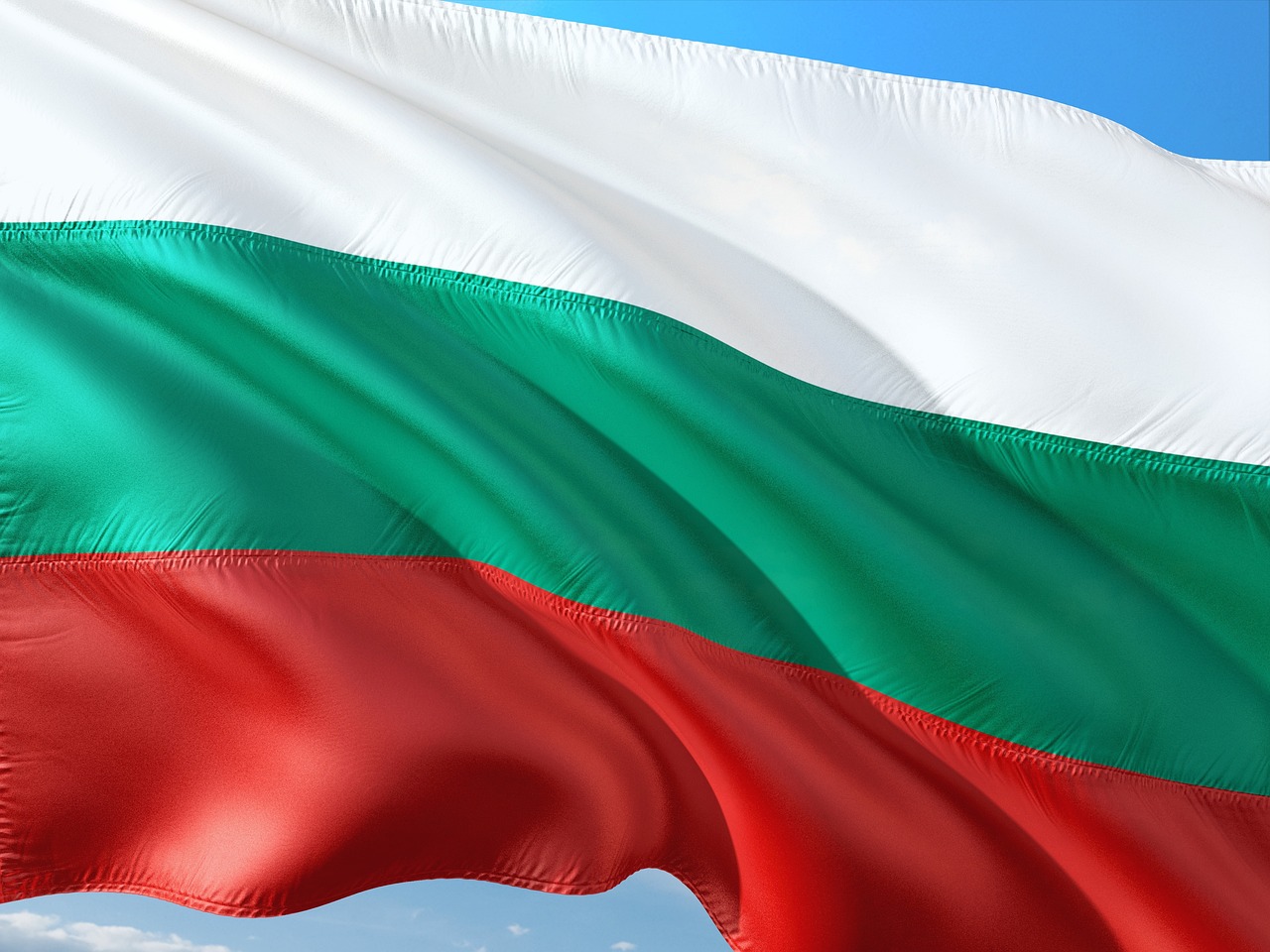Bulgaria Video
Cultural Sensitivities: Understanding Local Norms in Bulgaria
Introduction
Bulgaria, located in Southeastern Europe, is a country rich in history, culture, and traditions. To fully appreciate the Bulgarian way of life, it is crucial to understand and respect the local norms and cultural sensitivities. This article aims to provide a comprehensive guide to help visitors navigate through Bulgarian customs and traditions.
Greetings and Etiquette
- Handshakes: Handshakes are the most common form of greeting in Bulgaria. Maintain eye contact and offer a firm handshake when meeting someone for the first time.
- Titles and Names: Address people using their appropriate titles (e.g., Mr., Mrs., or Dr.) followed by their last name unless invited to use their first name.
- Kissing on Cheeks: In more informal settings, Bulgarians may greet each other with a kiss on both cheeks. This is more common among close friends and family members.
- Gift Giving: When invited to someone’s home, it is customary to bring a small gift for the host. Flowers, chocolates, or a bottle of wine are common choices.
Communication Styles
- Directness: Bulgarians tend to be straightforward in their communication style. They appreciate honesty and directness.
- Personal Space: Bulgarians value personal space and tend to stand at an arm’s length when conversing. Avoid standing too close or touching others unnecessarily.
- Eye Contact: Maintaining eye contact during conversations is seen as a sign of attentiveness and respect. However, prolonged eye contact may be viewed as confrontational.
- Listening: Active listening is highly valued in Bulgarian culture. Show interest in what others are saying by nodding and providing verbal cues.
Bulgaria Image 1:

Religion and Customs
- Orthodox Christianity: The majority of Bulgarians identify as Orthodox Christians. Respect religious customs and traditions, especially when visiting churches or monasteries.
- Easter Traditions: Easter is a significant holiday in Bulgaria. It is customary to exchange painted eggs and participate in traditional egg cracking games.
- Respect for Icons: Icons hold great religious and cultural importance in Bulgaria. Treat them with reverence and avoid touching or crossing in front of them.
- Table Manners: When invited to a meal, wait for the host to start eating before you begin. Keep your hands visible on the table, and always finish everything on your plate as a sign of appreciation.
Social Etiquette
- Punctuality: Arrive on time for social gatherings, but note that Bulgarians may have a more relaxed attitude towards punctuality.
- Gifts for Children: If visiting a Bulgarian family with children, consider bringing small gifts for the kids. Candy or small toys are usually well-received.
- Respecting Elders: Show respect to older individuals by greeting them first and offering them seats if necessary.
- Toast Etiquette: When toasting, maintain eye contact and clink glasses with everyone present. It is customary to say “Nazdrave” (cheers) before taking a sip.
Bulgaria Image 2:

Cuisine and Dining
- Traditional Dishes: Bulgarian cuisine offers a variety of delicious dishes such as banitsa (cheese-filled pastry), shopska salad, and kebapche (grilled meat).
- Bread Etiquette: Bulgarians have a strong bread culture. Never place bread upside down or throw it away; it is considered disrespectful.
- Drinking Rakia: Rakia, a traditional fruit brandy, is often served during meals. It is customary to take small sips rather than drinking it all at once.
- Refusing Food: If you are offered food, it is polite to accept at least a small portion. If you have dietary restrictions, explain them politely in advance.
Social Customs and Celebrations
- Baba Marta: On March 1st, Bulgarians celebrate Baba Marta by exchanging martenitsi (red and white bracelets) as a symbol of good luck and the arrival of spring.
- Kukeri Festival: The Kukeri Festival, held in various regions of Bulgaria, involves participants wearing elaborate masks and costumes to scare away evil spirits and bring good fortune.
- Rose Festival: The Rose Festival in Kazanlak celebrates Bulgaria’s rose-growing industry. Visitors can witness the picking of roses and participate in various cultural events.
- Wedding Traditions: Bulgarian weddings are known for their lively celebrations. Traditional customs include the “grabbing of the bride” and the breaking of a decorated bread called “pitka.”
Bulgaria Image 3:

Gender Roles and Etiquette
- Chivalry: Men often display acts of chivalry, such as holding doors open for women or offering their seat on public transportation.
- Greetings: Men may initiate handshakes with women in more formal settings. Women may offer a handshake first in professional environments.
- Compliments: Complimenting someone’s appearance or achievements is generally well-received, although it is important to be sincere and respectful.
- Equality: Despite traditional gender roles, Bulgaria has made significant progress towards gender equality. Treat everyone with respect and fairness.
Environmental Considerations
- Nature Preservation: Bulgaria boasts stunning landscapes, including mountains, forests, and coastal areas. Respect the environment by not littering and following designated trails.
- Protected Areas: Some areas in Bulgaria are designated as protected reserves or national parks. Follow the rules and regulations when visiting these areas to preserve their natural beauty.
- Beach Etiquette: When visiting Bulgarian beaches, be mindful of others. Keep noise levels down, clean up after yourself, and respect designated swimming areas.
- Waste Management: Recycle whenever possible and dispose of waste in designated bins. Avoid excessive use of plastic bags and opt for reusable alternatives.
Conclusion
By understanding and respecting the cultural sensitivities and local norms in Bulgaria, visitors can enhance their experiences and build meaningful connections with the locals. Embrace the rich traditions, indulge in the delicious cuisine, and participate in the vibrant celebrations that make Bulgaria a truly unique destination.
References
- Gypsy Warrior: gypsywarrior.com


